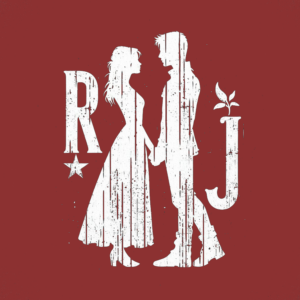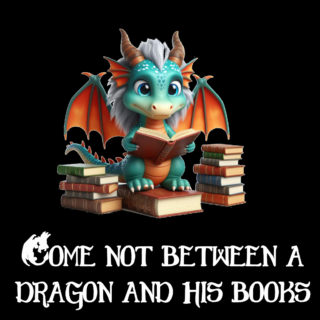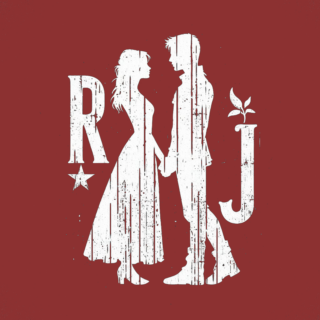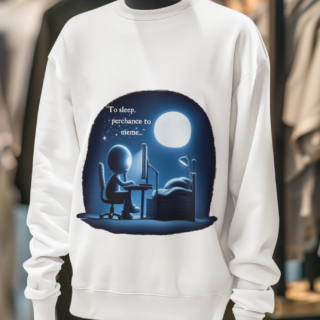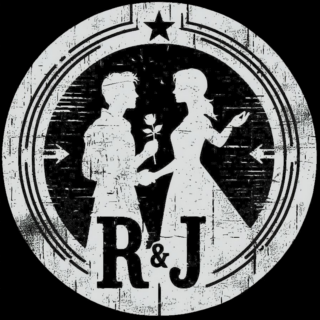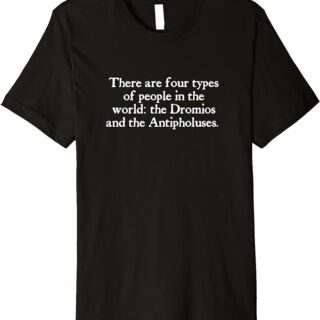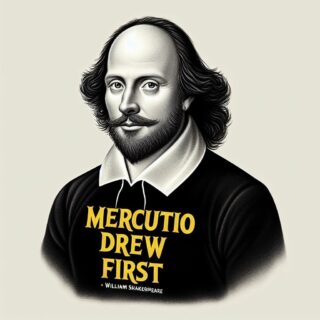From time to time, Bardfilm and Shakespeare Geek have tried putting a Shakespearean spin on some of the classic genres of humor. They’ve previously tackled light bulb jokes and dealt with why the chicken crossed the road. Finally, the great challenge of the Knock knock joke proved irresistible. Here are some Shakespearean knock-knock jokes that you can use to entertain or torment your friends, colleagues, and children. No, you don’t need advanced Shakespeare knowledge to get all of them – but it certainly helps sometimes!
Knock, Knock.
Who’s there?
Oberon.
Oberon who?
Oberon the other bank you might try to catch some fish.
Knock, Knock.
Who’s there?
Noah.
Noah who?
Noah’s the winter of our discontent.
Knock, Knock.
Who’s there?
Dogberry.
Dogberry who?
Dog bury a bone in my petunias again, dog get sent to the pound.
Knock, Knock.
Who’s there?
Julius Caesar.
Julius Caesar who?
Julius, seize her! She’s the one who stole my wallet!
Knock, Knock.
Who’s there?
The Earl of Oxford.
The Earl of Oxford who?
Exactly.
Knock, Knock.
Who’s there?
Wherefore means.
Wherefore means who?
No, “wherefore” means “why.” How many times do we have to go over this?
Knock, Knock.
Who’s there?
Nay, answer me! Stand and unfold yourself.
Long live the king?
Knock, Knock.
Who’s there?
Laertes.
Laertes who?
Layer Ts and sweaters to stay dry and comfortable on the ski slopes.
Knock, Knock.
Who’s there?
The Nightingale.
The Nightingale who?
Ha! Fooled you! It’s really the Lark.
Knock, Knock.
Who’s there?
Orlando.
Orlando who?
Or Lando or Leia or Luke or Chewbacca will pilot the Millennium Falcon.
Knock, Knock, Knock, Knock, Knock, Knock.
Who’s there?
Tom.
Tom who?
Tom R. O. and Tom R. O. and Tom R. O. We creep in this petty pace from day to day.
Knock, Knock.
Who’s there?
Shelly.
Shelly who?
Shelly compare thee to a summer’s day?
Knock, Knock.
Who’s there?
Hal.
Hal who?
Hal long until Henry IV dies and I can become king?
Knock, Knock.
Who’s there?
Gracie Zar.
Gracie Zar who?
Gracie Zar’s Ghost!
Knock, Knock.
Who’s there?
Et.
Et who?
Et tu, Brute? Then fall, Caesar!
Knock, Knock.
Who’s there?
Utah.
Utah who?
Utah me language, and my profit on it is I know how to curse!
Knock, Knock.
Who’s there?
The cause, my soul.
The cause, my soul who?
Let me not name it to you!
Knock, Knock.
Who’s there?
Leon.
Leon who?
Leon Macduff.
Knock, Knock.
Who’s there?
Rosencrantz. No, wait, Guildenstern! *sigh*—let me get back to you.
Knock, Knock.
Who’s there?
Ferris.
Ferris who?
Ferris foul and foul is fair.
Knock, Knock.
Who’s there?
Lysander.
Lysander who?
Lie, Sander, and you’ll get in trouble, Sander.
Knock, Knock.
Who’s there?
Cordelia.
Cordelia who?
Oh, that’s real nice, Daddy. I come all the way from France with an army to rescue you and that’s the welcome I get.
Knock, Knock.
Who’s there?
Falstaff.
Falstaff who?
[Excessively Loud Belch]
Knock, Knock.
Who’s there?
Will Shakespeare.
Will Shakespeare who?
Will Shakespeare or just stand there holding one as long as I get to be on stage.
Knock, Knock.
Who’s there?
Desdemona.
Desdemona who?
Nobody. I myself. Farewell.
Knock, Knock.
Who’s there?
Riese.
Riese who?
Riese and not the need.
Knock, Knock.
Who’s there?
The Porter from Macbeth.
The Porter from Macbeth who?
The Porter from Macbeth, who wants to know how you like it! Knock, Knock. Knock, Knock. Knock, Knock. Knock, Knock. Knock, Knock. Knock, Knock. Knock, Knock. Knock, Knock.
Knock, Knock.
Who’s there?
Interrupting Chorus.
Interrupting . . .
O FOR A MUSE OF FIRE!
Knock, Knock.
Who’s there?
Demetrius.
Demetrius who?
Just try to Demetri us before we Demetri you!
Knock, Knock.
Who’s there?
Hamlet.
Hamlet who?
Ham let Ophee fall in love with him.
Knock, Knock.
Who’s there?
Hamlet.
Hamlet who?
Hamlet the dogs out! (woof, woof woof woof…)
Knock, Knock.
Who’s there?
Helena.
Helena who?
Helena handbasket is where this world seems to be going.
Knock, Knock.
Who’s there?
Pericles.
Pericles who?
Well, I know it’s not Hamlet, but it’s not that unknown.
Knock, Knock.
Who’s there?
Rosaline.
Rosaline who?
Yeah, that’s what Romeo said as soon as he saw Juliet.
Knock, Knock.
Who’s there?
Lloyd.
Lloyd who?
Lloyd, what fools these moytals be.
Knock, Knock.
Who’s there?
Mary.
Mary who?
Mary, your manhood mew.
Knock, Knock.
Who’s there?
William Shakespeare.
William Shakespeare who?
William Shakespeare cans so they explode when you open them.
Knock, Knock.
Who’s there?
Interrupting Richard the Third.
Interrupting Richard the . . .
HORSE!
Knock, Knock.
Who’s there?
Amos.
Amos who?
Amos shapen knave; his mother was a witch, and one so strong that could control the moon!
Knock, Knock.
Who’s there?
Otis.
Otis who?
Otis too, too solid flesh! I wish it would melt, thaw, and resolve itself into a dew!
Or . . .
Otis too true! How smart a lash that speech doth give my conscience.
Knock knock.
Who’s there?
Mike.
Mike who?
Mike Ingdom for a horse.
Knock knock.
Who’s there?
Arthur.
Arthur who?
Arthur world’s a stage, and all the men and women merely players.
Knock knock.
Who’s there?
Toby.
Toby who?
Wait—sorry. Not Toby.
Make up your mind! Who’s there?
Toby or not Toby, that is the question.
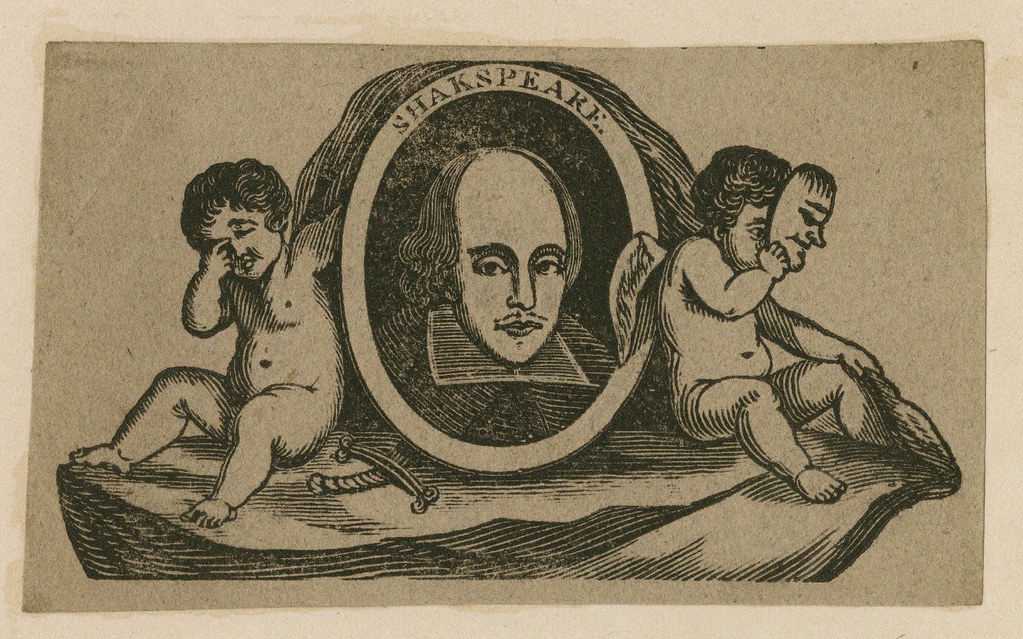 We thank kj, the author of Bardfilm, for this guest post. Bardfilm is a blog that comments on films, plays, and other matters related to Shakespeare.
We thank kj, the author of Bardfilm, for this guest post. Bardfilm is a blog that comments on films, plays, and other matters related to Shakespeare.

 A few years back, i had a coworker that ran a Hemingway site. He was, other than the difference in authors, a lot like many of us. He had no special academic background in the subject, he was just a rabid fan. Read what he could. Collected books. New opportunities to discuss new ideas? Jumped all over them. Hosted a forum where he posted his ideas to get discussion going, answered questions when he knew the answers, and so on.
A few years back, i had a coworker that ran a Hemingway site. He was, other than the difference in authors, a lot like many of us. He had no special academic background in the subject, he was just a rabid fan. Read what he could. Collected books. New opportunities to discuss new ideas? Jumped all over them. Hosted a forum where he posted his ideas to get discussion going, answered questions when he knew the answers, and so on.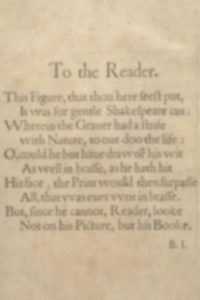 If there’s a pet peeve I have about Shakespeare, it’s that connection between “Shakespeare is hard and useless, therefore why learn it?” This morning out on a coffee run for the wife I heard a radio commercial for some sort of vocational school that used that exact line, presumably in reference to not wanting to get a real education at a real school: “What can Shakespeare teach me about IT?” (IT, for those not familiar, is information technology. In other words, computer stuff.)
If there’s a pet peeve I have about Shakespeare, it’s that connection between “Shakespeare is hard and useless, therefore why learn it?” This morning out on a coffee run for the wife I heard a radio commercial for some sort of vocational school that used that exact line, presumably in reference to not wanting to get a real education at a real school: “What can Shakespeare teach me about IT?” (IT, for those not familiar, is information technology. In other words, computer stuff.)